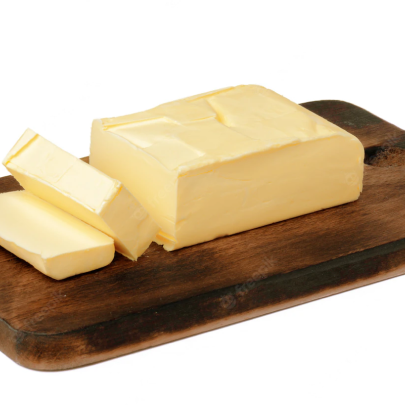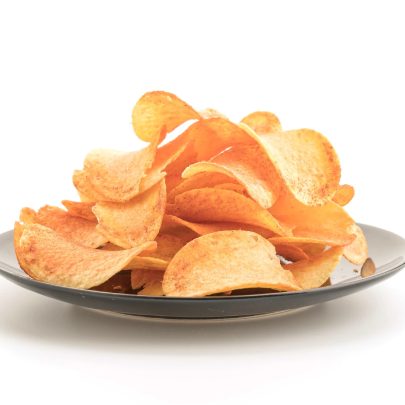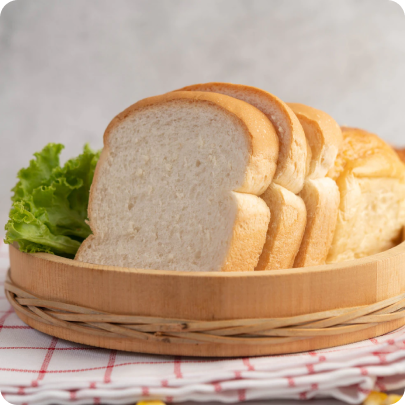If you’re wondering what ice cream, soap, and chips have in common, it’s… Palm oil!
When it comes to palm oil, the first thing that probably comes to mind is cooking oil. But, did you know that palm oil can also be found in a variety of other products we use on a daily basis?




 Me?
Me?

Yes, I contain palm oil

 Me?
Me?

Yes, I contain palm oil

 Me?
Me?

Yes, I contain palm oil

 Me?
Me?

Yes, I contain palm oil

 Me?
Me?

Yes, I contain palm oil

 Me?
Me?

Yes, I contain palm oil

 Me?
Me?

Yes, I contain palm oil

 Me?
Me?

Yes, I contain palm oil

 Me?
Me?

Yes, I contain palm oil

 Me?
Me?

In case you didn’t know, palm oil is an ingredient in close to 50% of packaged products we find in supermarkets.
That's because it has many characteristics that are incredibly useful, such as:

As palm oil has many uses, it’s no wonder that it is one of the 10 major vegetable oils traded in the global oils and fats market.
In fact, Malaysia is the world’s second largest producer and exporter of palm oil, woah!
Thanks to Malaysia’s humid tropical climate, our country is ideal for the cultivation of oil palm:






Besides its useful characteristics and Malaysia’s climate, one of the main advantages of oil palm is that it’s the most productive oil-bearing crop in the world
Compared to other plants that produce popular vegetable oils, oil palm trees produce by far the highest tonnage of vegetable oil per hectare per year.
 Oil palm
Oil palm
 Rapeseed
Rapeseed
 Sunflower
Sunflower
 Soybean
Soybean


Next, let’s test your knowledge a bit!
Answer:
Actually, they’re both good at reducing cholesterol! Studies comparing palm olein
(a liquid fraction of palm oil) and olive oil have shown that they have similar beneficial
cholesterol-modulating effects in protecting against cardiovascular diseases.
Here are some other health benefits of palm oil




Thankfully, Malaysia has taken steps to ensure that oil palm farming is safe and sustainable
The government, through the Ministry of Plantation Industries and Commodities (MPIC), introduced the Malaysian Sustainable Palm Oil Certification (MSPO) in 2015, which ensures that Malaysian palm oil is sustainably produced and safe for consumption.
Plus, to lessen the impact of oil palm farming on the environment, the Roundtable on Sustainable Palm Oil (RSPO) introduced a set of environmental and social standards to ensure sustainable palm oil is produced.
Currently, Malaysia produces about 4.48 mil tonnes of RSPO-certified palm oil from 1.235 mil ha of certified oil palm areas, which is expected to rise in the future.
To ensure oil palm farming is more sustainable, there are many practices to protect the environment and biodiversity:
 Predatory insects and barn owls are used in oil palm plantations to minimise the use of pesticides
Predatory insects and barn owls are used in oil palm plantations to minimise the use of pesticides
 Goat rearing is done in oil palm plantations as a form of weed control
Goat rearing is done in oil palm plantations as a form of weed control
 Planting legume covers to provide nitrogen, smother weeds, improve soil tilth and rainfall retention, and prevent soil erosion
Planting legume covers to provide nitrogen, smother weeds, improve soil tilth and rainfall retention, and prevent soil erosion


 Ensuring the expansion of oil palm cultivation does not encroach into forest areas
Ensuring the expansion of oil palm cultivation does not encroach into forest areas
Over the past 50 years, the local oil palm industry has grown by leaps and bounds, providing three million job opportunities to Malaysians

The palm oil industry contributed about RM 102.4 billion in foreign exchange in 2021, making the industry an important economic asset.
The industry provided socio-economic prosperity and political stability to the nation. It has also fed billions of people worldwide through exports of its palm oil and downstream products.
From improving the living standards of small farmers to creating millions of jobs both directly and indirectly, the palm oil industry plays a significant role in this country, and will continue to do so for years to come.





